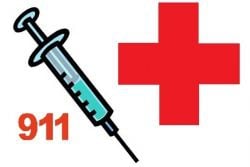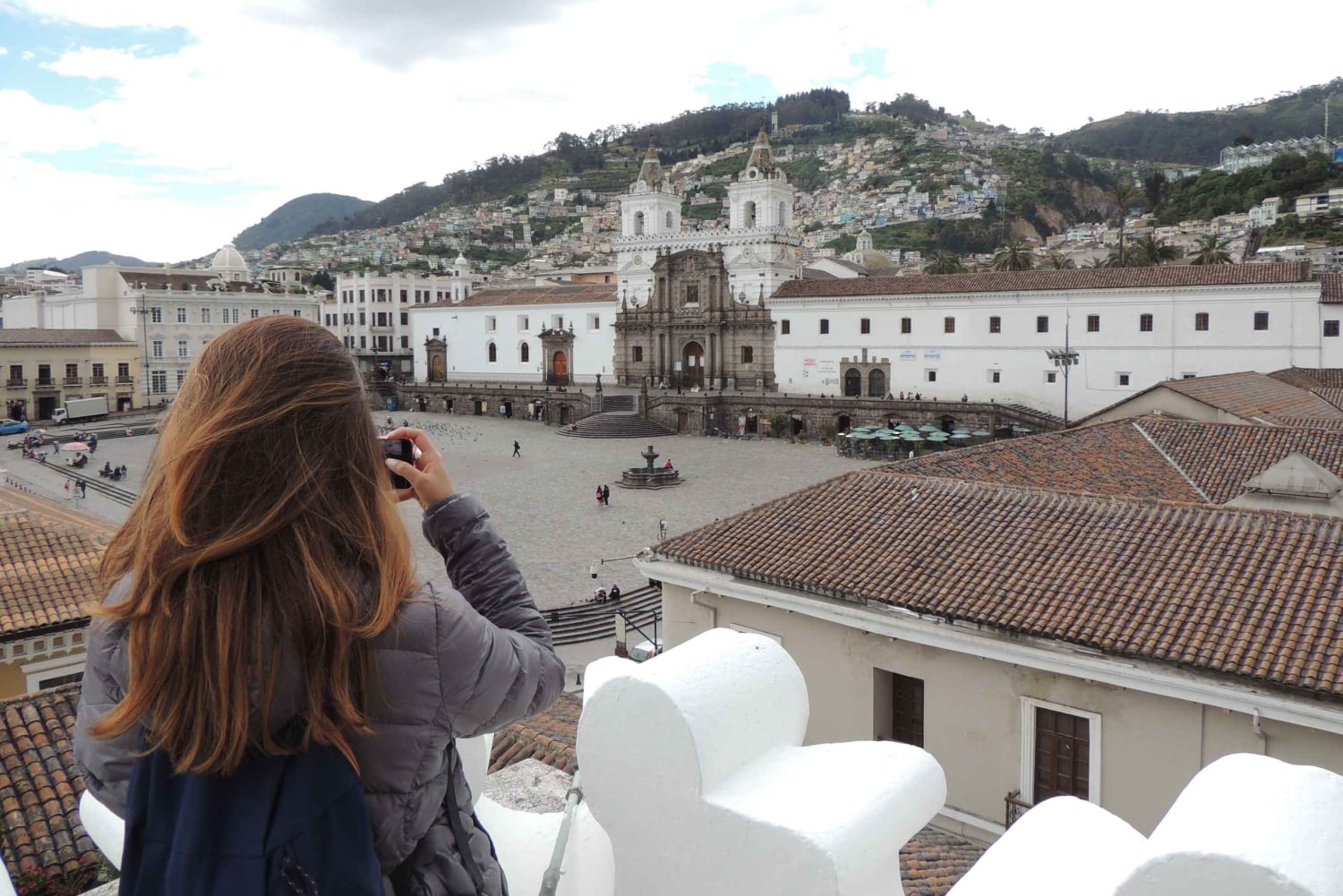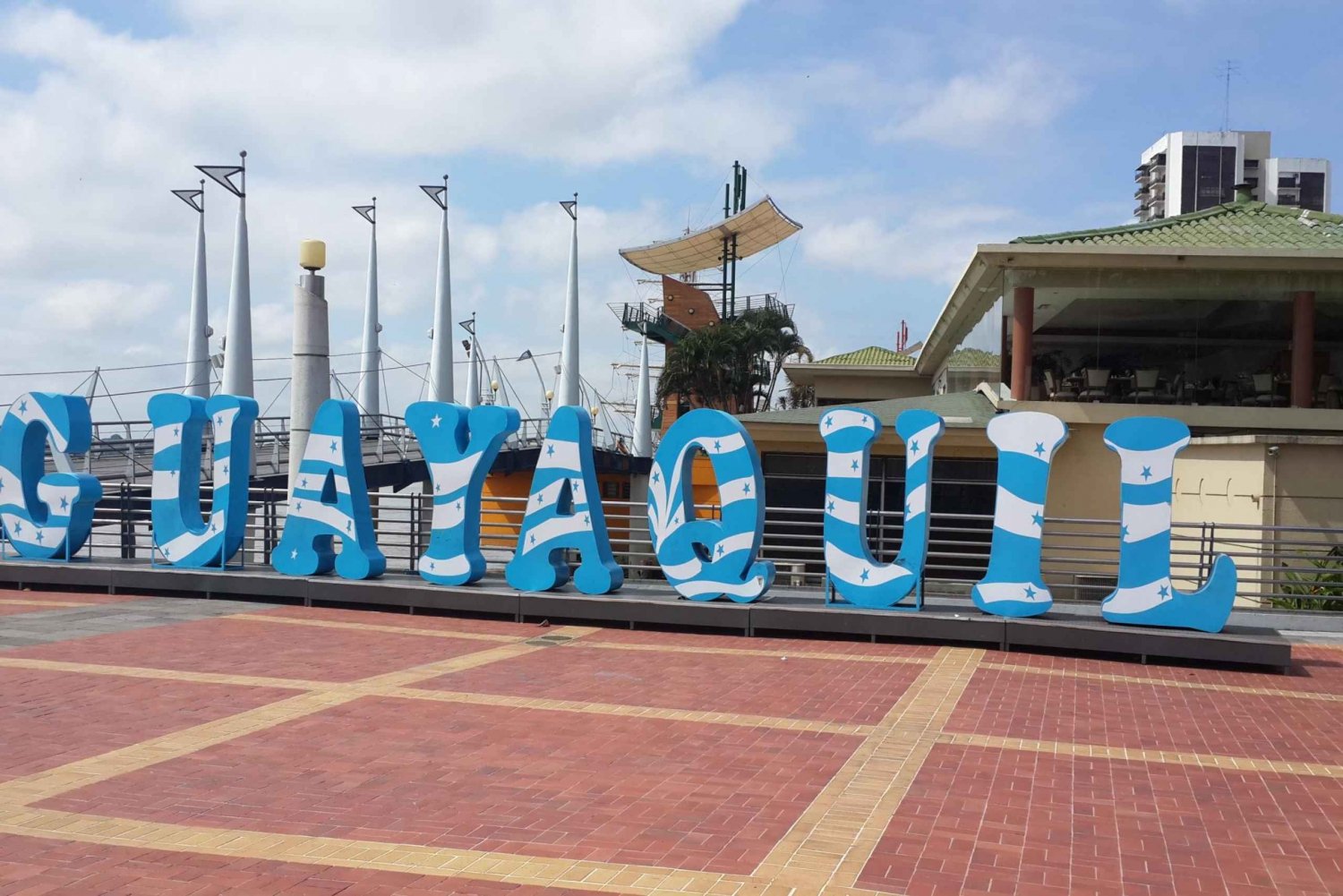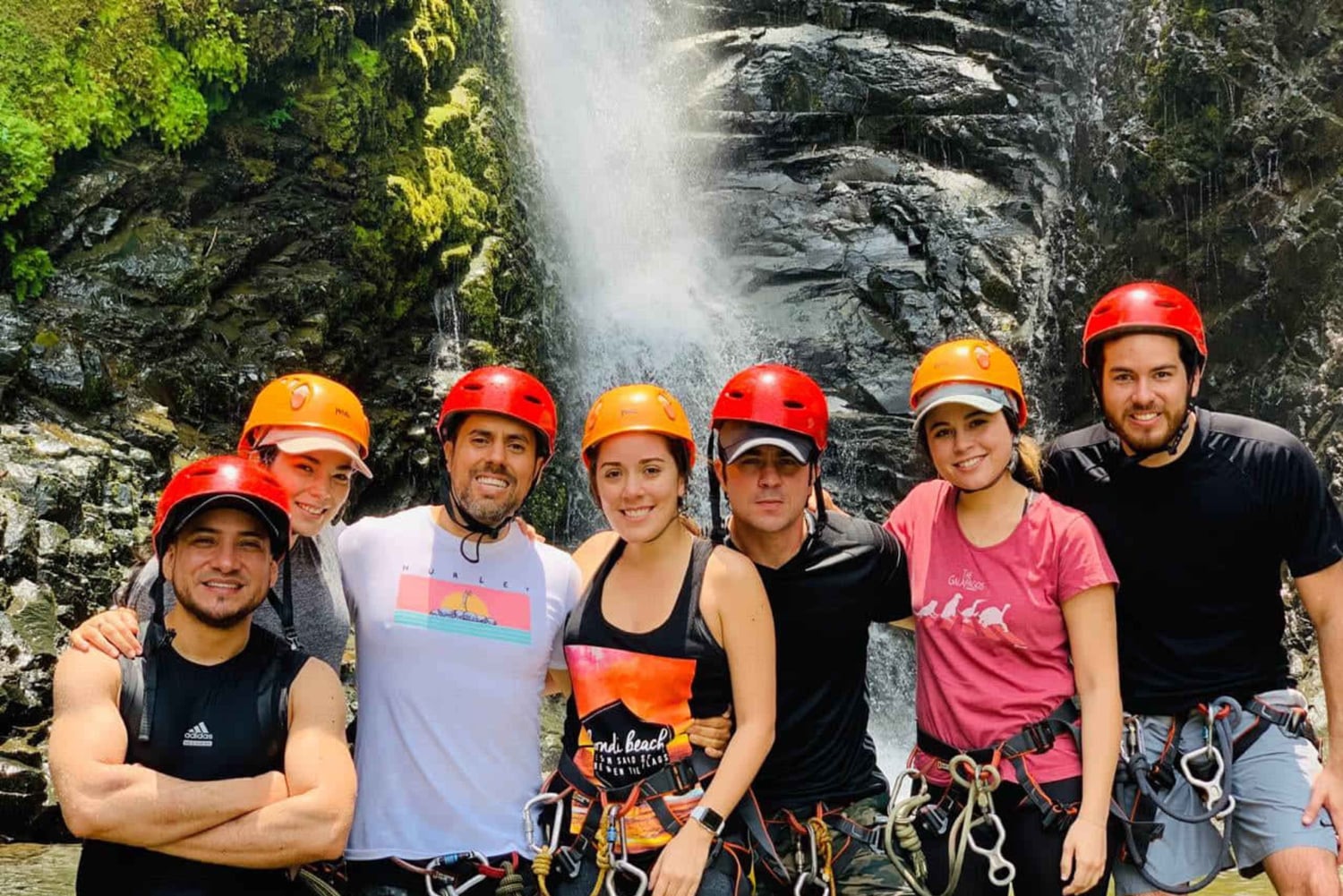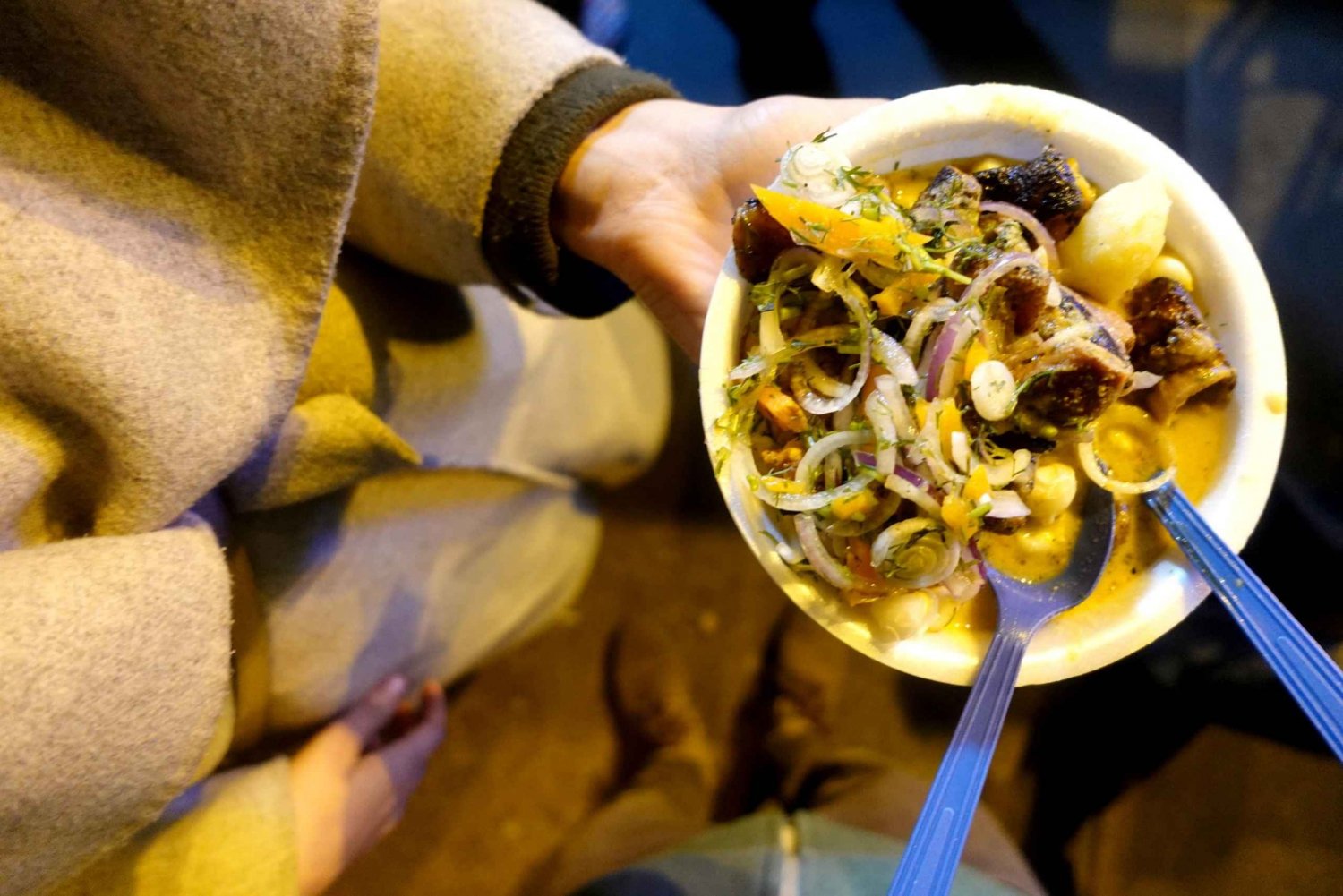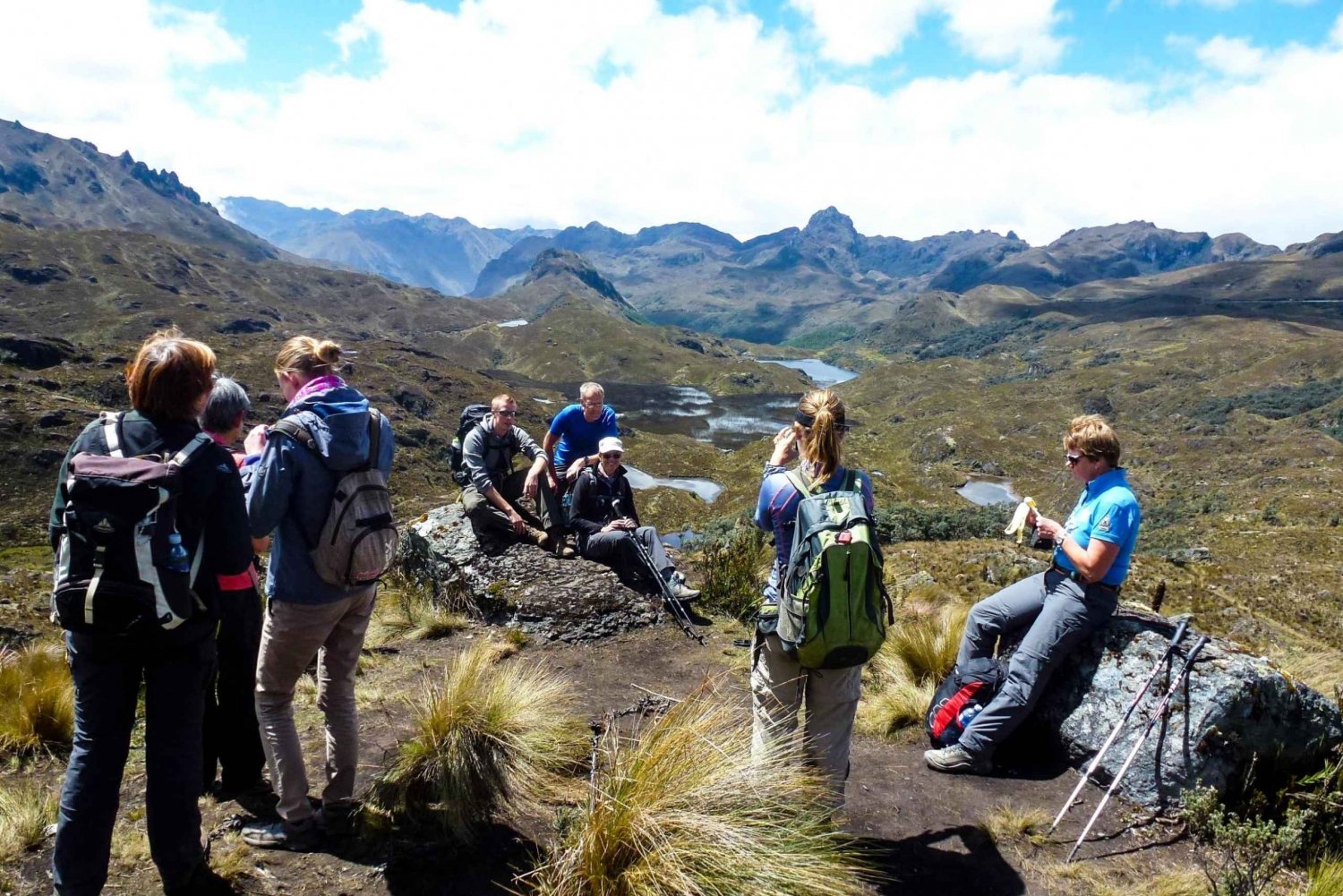Health and Safety
HEALTH
Vaccines
Recommended for all travelers: Hepatitis A – Typhoid
Recommended in certain cases (click here for specifics): Hepatitis B – Malaria – Rabies – Yellow Fever
Required: Yellow Fever, if traveling from a country with risk of yellow fever (click here for a list of countries)
Medicines:
Bring along any prescription medicines you might need as, although most medicines are available in Ecuador, it is possible you won’t get a particular one.
Also bring some antibiotic for a possible food poisoning and diarrhea medicine for a mild case, medicine to prevent altitude sickness, and motion sickness medicine if you are taking a cruise.
If you are going to visit an area with malaria risk in Ecuador (click here to see which are these areas), see a doctor before your travel, to get malaria prevention medicine and instructions for use.
Quito is 2.800 meters above sea level. When you arrive there, your digestion, blood pressure and energy level will be affected, so give your body some time to adjust. Depending on your age and physical condition, one or two days of taking things easy should be enough.
Use sun protection when outdoors. Ecuador is on the Equator and you can get sunburned easily and quickly, especially if your skin is not used to it.
Use insect repellent too when outdoors to avoid bug bites (and disease from bug bites).
Health Care:
If seriously ill or injured in areas not in the major cities, including the Galapagos Islands, try to get to the nearest major city, Quito, Guayaquil or Cuenca, to be treated there. See our information on hospitals in Ecuador here.
Food & Drink:
Eat in trustworthy places (restaurants and hotels) and don’t eat food from street vendors. Don’t drink tap water, or drinks or ice made with tap water.
SAFETY
Ecuador is in general a safe country. Nevertheless, precautions should be taken, as for any trip. Petty theft can sometimes occur; it can happen on a bus or on a crowded street, so always hold your belongings close and be aware of your surroundings; do not wear expensive jewellery and if you carry equipment, keep a close watch on it. Don’t walk in lonely areas after dark. Don’t accept or touch anything handed out to you by a stranger on the street, and don’t get too close to any stranger on the street either. When using taxis, it is best to call one through a taxi service, but if you must hail one off the street, follow these safeguard measures: do not take a cab with someone other than the driver in it and, as soon as you get in, lock the doors and close the windows. When traveling by bus, do not stow your handbags in the upper compartment, keep them with you and hold them in case you fall asleep. Carry a photocopy of your passport and entry stamp and leave the actual passport in a safe place. When available, use the safety box in the hotel to keep your valuables.
If you choose to drive in Ecuador, drive defensively and avoid driving on the road after dark. Note on driver’s license: temporary visitors in Ecuador are allowed to drive up to 6 months with a foreign driver’s license (entry date stamp will have to be shown).
The emergency phone number in the whole country is 911.
Top Experiences and Tours in Ecuador
If youʻre booking your trip to Ecuador last minute, we have you covered. Below are some of the top tours and experiences!

